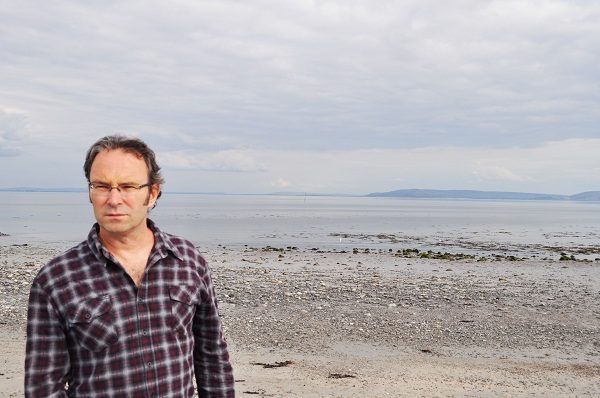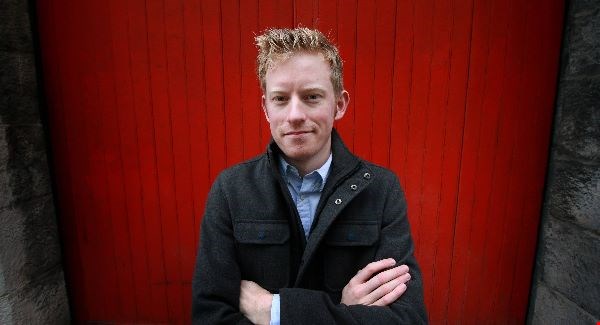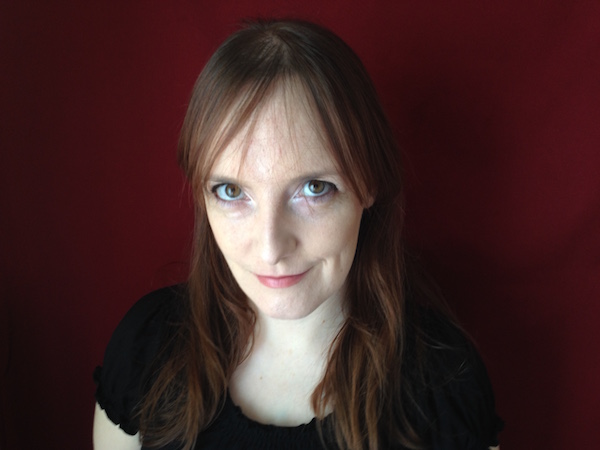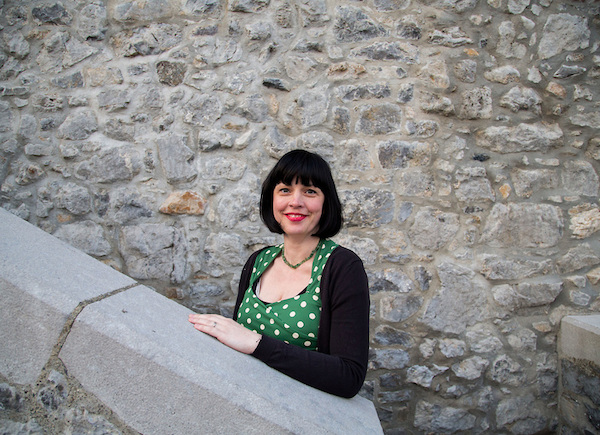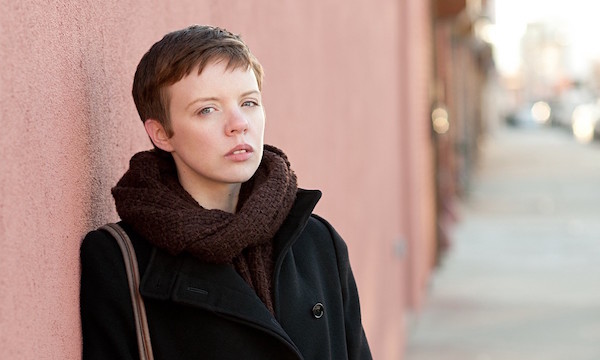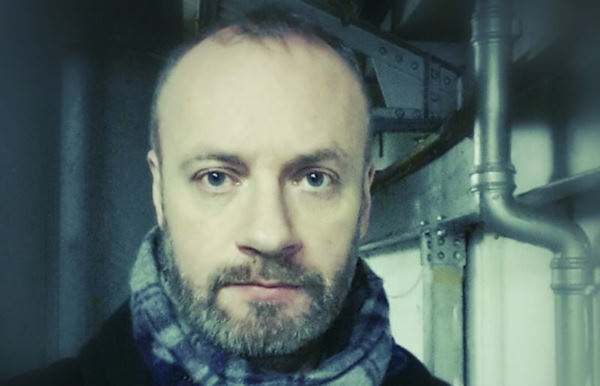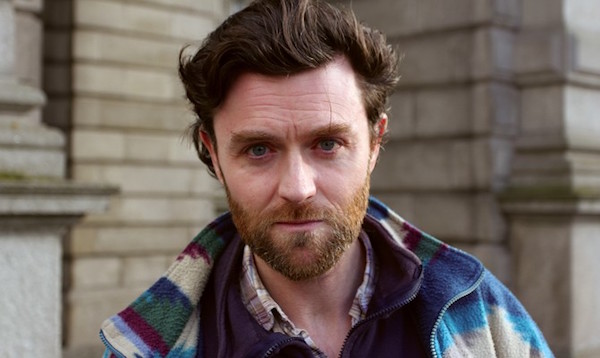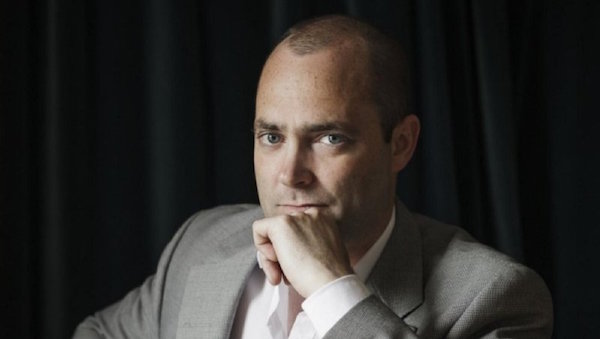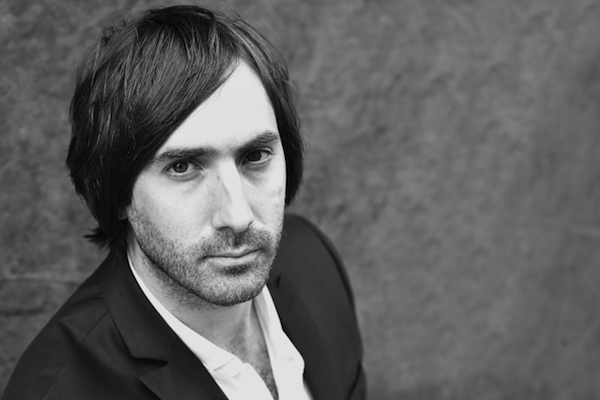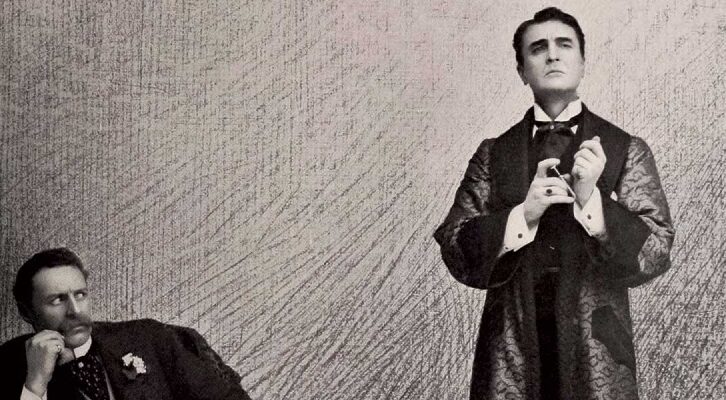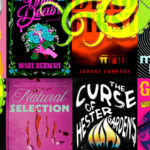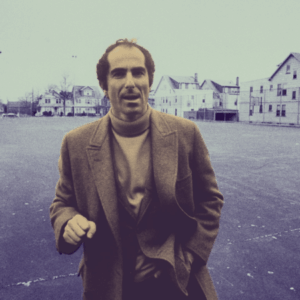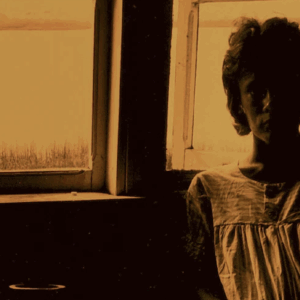
15 Great Irish Writers You've Probably Never Read (But Should)
This St. Patrick's Day, Choose Books over Booze
It’s St. Patrick’s Day, which means that many in the US will be celebrating their Irish heritage with a pint or two—or just, you know, celebrating with a pint or two (or seventeen). But if you’re not committed to wearing a horrifying shade of green and getting completely hammered tonight, might I suggest celebrating the holiday in style with a little contemporary Irish literature instead? Sure, if you’ve found your way to this space, you’ve likely been reading lots of contemporary Irish writers already—Eimear McBride, Kevin Barry, Tana French, Emma Donoghue, etc.—but there are plenty that, despite the shared language, haven’t quite gotten their due stateside. But honestly? We’re missing out. As Mike McCormack explained in an interview with Stephanie Boland at New Statesman:
In Ireland, our pinnacle, our Mount Rushmore, is the Father, Son and Holy Ghost: James Joyce, Flann O’Brien and Samuel Beckett. And it feels like we’re digesting their legacy. I don’t know if it’s something about being able to see them clearly now, but people are no longer afraid to name-check the three masters. My generation were a bit wary of picking up the challenge those old fellows had laid down for us. Now I see it not as a challenge, but a license. Beckett and Joyce and Flann are giving me the quest: go forth and experiment. A younger generation of writers has twigged that a lot faster. This is a really exciting time: for the first time in my lifetime, there’s been a rejuvenation of the experimental pulse in Irish fiction.
To put your own finger on that pulse—and perhaps spend the Feast of Saint Patrick actually celebrating the culture in question—check out some of the writers below.
Mike McCormack
Despite being “disgracefully neglected,” McCormack is a star of Irish experimental literature—anyone interested in innovative work should already be reading him. Solar Bones—McCormack’s third novel and fifth book—was awarded the prestigious 2016 Goldsmith Prize, given “to reward fiction that breaks the mould or extends the possibilities of the novel form”—appropriate, since Solar Bones is a 224-page novel written in a single sentence, the rhythmic pattern of a 49-year-old civil engineer unraveling the story of his life. Solar Bones will be republished in the US by Soho Press in September, which will hopefully get his work out to more Americans.
Sara Baume
In her first novel, Spill Simmer Falter Wither—which was shortlisted for the Costa first novel award and won an Irish book award for Best Newcomer—a middle-aged, misanthropic outcast develops a relationship with a one-eyed dog, whom he names One Eye, and with whom he goes on the lam, and with whom, increasingly, he speaks. In the Irish Times, Joseph O’Connor gushed, “This is a novel bursting with brio, braggadocio and bite. Again and again it wows you with its ambition, its implication, the more forceful for never being italicized, that simple words from our frail and brittle English language, placed quietly in order, with assiduous care, can do almost anything at all.” Baume’s second novel, A Line Made by Walking came out in the UK in February and is due to hit American shelves this April.
Colin Barrett
It’s rare to see a writer this decorated be so under-read—although, to be fair it’s also rare to see a writer be this decorated for a single short story collection. In 2014, Barrett’s Young Skins won the Frank O’Connor International Short Story Award, the Guardian First Book Award, and the Rooney Prize for Irish Literature, and after the collection was published in the US in 2015, it was chosen as a National Book Foundation 5 Under 35 Honoree. Lyrical, rabid, and desolate, this is writing to watch.
Lisa McInerney
Once known primarily for her blog Arse End of Ireland and her Sweary Lady persona, McInerney’s debut novel fully established her as the exciting new bard of the Irish working class. The Glorious Heresies is a darkly comic story about murder, drugs, sex and life in the terrible, but yes, also glorious Cork underbelly. The novel was awarded the Desmond Elliott Prize and the Baileys Women’s Prize for Fiction in 2016 (it will be the last winner of the current incarnation of the latter, it turns out), and is slated to be produced as a television show, so get reading now.
Doireann Ní Ghríofa
Ní Ghríofa is a bilingual poet, writing in both Irish and English. Her English-language debut Clasp was shortlisted for the Irish Times Poetry Now Award and awarded the Michael Hartnett Award and the Rooney Prize in 2016. Her poems have appeared in many journals, including Poetry, where you can find her amazing “While Bleeding,” which begins:
In a vintage boutique on Sullivan’s Quay,
I lift a winter coat with narrow bodice, neat lapels,
a fallen hem. It is far too expensive for me,
but the handwritten label
[1915]
brings it to my chest in armfuls of red.
In that year, someone drew a blade
through a bolt of fabric and stitched
this coat into being. I carry it
to the dressing room, slip my arms in.
Silk lining spills against my skin.
Claire Kilroy
Kilroy is the author of four novels—All Summer (a winner, like several others on this list, of the Rooney Prize), Tenderwire, All Names Have Been Changed, and The Devil I Know—but she still isn’t the household name she should be in the US. John Boyne described her as “the literary love-child of Jennifer Johnston and John Banville, reflecting the Anglo-Irish aristocratic concerns of the former with the incomparable linguistic precision of the latter. In time, she will certainly earn her place in their exalted company.” Let’s hope.
Marina Carr
Widely acknowledged as of Ireland’s best playwrights, and yet mostly unknown in the US, Carr is a wild, transgressive feminist voice in contemporary theater. She has been writing plays since the early 90s, and first gained wide renown with 1994’s The Mai, which won the Dublin Theatre Festival Best New Irish Play award. She hasn’t stopped accumulating praise and prizes since. In fact, just this month, she was awarded a $165,000 Windham-Campbell Prize. Of her work, the organizers wrote, “Like its successors Portia Coughlin (1996) and By the Bog of Cats (1998), The Mai doesn’t so much adapt as reinvent its source material, finding an ancient darkness in the hills and valleys of contemporary rural Ireland. Carr’s persistent focus in both the “Midland Trilogy” and her other work is female experience in its most mythic and paradoxical aspects: the power and vulnerability it embodies, the desire and disgust it provokes.”
Belinda McKeon
McKeon’s first novel, Solace, won the 2011 Geoffrey Faber Memorial Prize, and her second, Tender—the story of a relationship that turns obsessive, in which the prose mirrors the mind of the protagonist as she slowly unwinds, which Catherine O’Flynn called an “immersive, unflinching yet humane portrait” of a besotted woman—was one of our favorite books of last year. She’s also a strong advocate for women’s rights, which never hurts.
Keith Ridgway
Ridgeway is the author of four novels and two short story collections. Scarlett Thomas called his most recent novel—the dreamlike, unsettling Hawthorn & Child, published in the US by New Directions in 2013—”breathtakingly unpredictable.” As Ian Rankin described it: “it begins as a police procedural, then spins outwards, never quite coming back to explain the mystery. Along the way we learn that a secret cabal of wild animals may underpin life in contemporary London, we hang out at art exhibitions, visit an orgy at a gay sauna, and wallow in gorgeous (if unsettling) writing. A novel or a series of loosely connected short stories? I don’t really care. Whatever it is, it’s great.” That “whatever it is, it’s great” is a sign: this is the cutting edge of literature, where no one knows which way is up.
Claire-Louise Bennett
Okay, you may have heard of Bennett, on account of the acclaim her debut, Pond, has gotten in certain literary circles recently, but there’s really no leaving her off a list of exciting contemporary Irish writers, so here we are. She won the inaugural White Review fiction prize for “ambitious, imaginative and innovative” prose in 2013, and Pond came out in Ireland in 2015 and in the U.S. this past summer, prompting lots of luminous praise, including from Jia Tolento, who called it “a work of fiction that will make you feel pleasantly insane,” which as far as I’m concerned is about the best recommendation any book and/or writer could ever receive.
Gavin Corbett
In The Guardian, Matthew Adams called Corbett “one of the most inventive and beguiling writers of contemporary Irish fiction,” and described his second novel, This is the Way, as “unconventional, associative and piecemeal… what kept the reader tied to the page was not the scant plot (Corbett regards plot as something of a distraction), but the strange beauty of Anthony’s voice. Here was a way of speaking that was spare, restrained, distortedly lyrical, full of anxious repetitions and hesitant tics, and almost overwhelming in its cumulative force.” His most recent novel, Green Glowing Skull, only pushes the boundaries further—but has not yet been published in America.
Danielle McLaughlin
As our own Managing Editor Emily Firetog put it, “The best Irish writers are short story writers, and the best Irish short story writers—for at least the last decade—have first been published by the small, independent press The Stinging Fly (my former employer; so I’m biased—whatevs).” Danielle McLaughlin’s collection Dinosaurs on Other Planets, first published in Ireland by said independent press in 2015, came out in the US this past summer, bringing a sharp new eye to stories about everyday life.
Donal Ryan
Ryan’s first novel The Spinning Heart won the Guardian First Book Award in 2013 and was also longlisted for the Booker Prize that year—some feat for a debut novel. Of his 2015 collection A Slanting of the Sun, Sara Baume (you may recognize this name if you’ve gotten this far) wrote, “These are plain-speaking stories, and in spite of the pervasive woe, this plain speech lends itself to blunt, bleak, brilliant humour. The droll jokes Ryan draws out of poetic adversity are what save A Slanting of the Sun from sentimentality. He also occasionally, astutely, extrapolates material from the national news, creating mouthpieces for those insufficiently represented by headlines….Each unit of language has been scrupulously positioned, though the overall effect is of effortlessness.” Exactly the kind of writing we need right now, if you ask me.
Mia Gallagher
Gallagher published her first novel, HellFire, in 2006, and it took her a full twelve years to write a second (dear math nerds: she started the second before the first came out, unless we’re in the future). Claire Kilroy (another writer from our list!) described her in the Irish Times as “a writer with an artist’s imagination. It advances though experiment. Her technique, to no small extent, is to present artefacts and images, much as a visual artist might, and to allow the audience to take from them what it will. Her characters are divided into those who can see the true natures of the people around them, and those who cannot—who cannot see even their own natures.” Of that finally released novel, Beautiful Pictures of the Lost Homeland, Kilroy writes that it “is challenging, it is brave, it is original, it is flawed, it is moving, it is fascinating. It is art.”
Paul Lynch
Lynch is an acclaimed film critic who also happens to write novels—novels that are particularly adored by the French, for some reason. Lynch’s work has won the Prix Libr’à Nous for Best Foreign Novel and has been a finalist for the Prix du Meilleur Livre Étranger (Best Foreign Book Prize). He has won the Prix des Lecteurs Privat, and has been nominated for France’s Prix Femina, the Prix du Premier Roman (First Novel Prize) and the Prix du Roman Fnac (Fnac Novel Prize). His debut, Red Sky in Morning, was also a B&N Discover pick. NPR’s Alan Cheuse heralded his most recent novel, The Black Snow, for its “striking language, located somewhere between that of Irish Nobel poet Seamus Heaney and our own Cormac McCarthy.”
Emily Temple
Emily Temple is the managing editor at Lit Hub. Her first novel, The Lightness, was published by William Morrow/HarperCollins in June 2020. You can buy it here.









